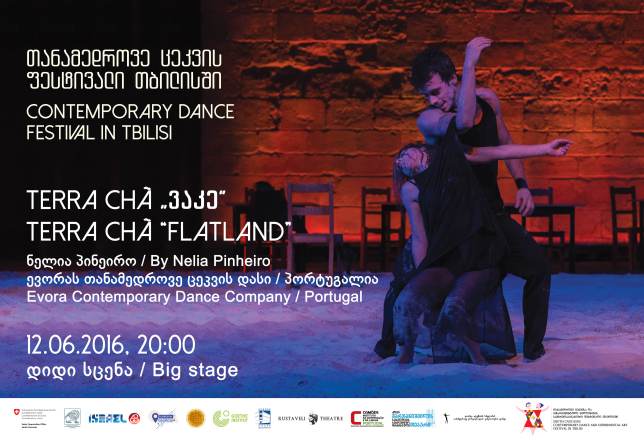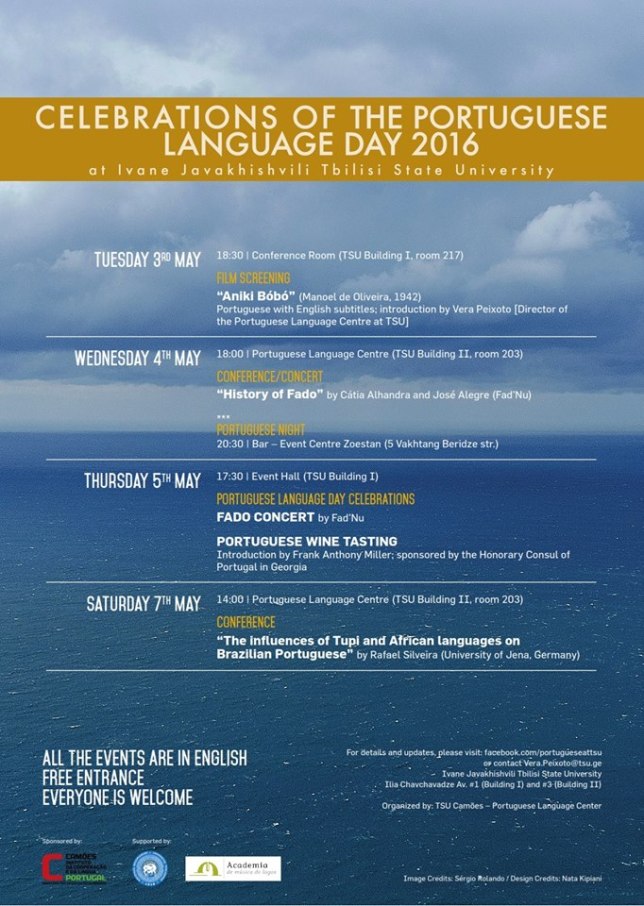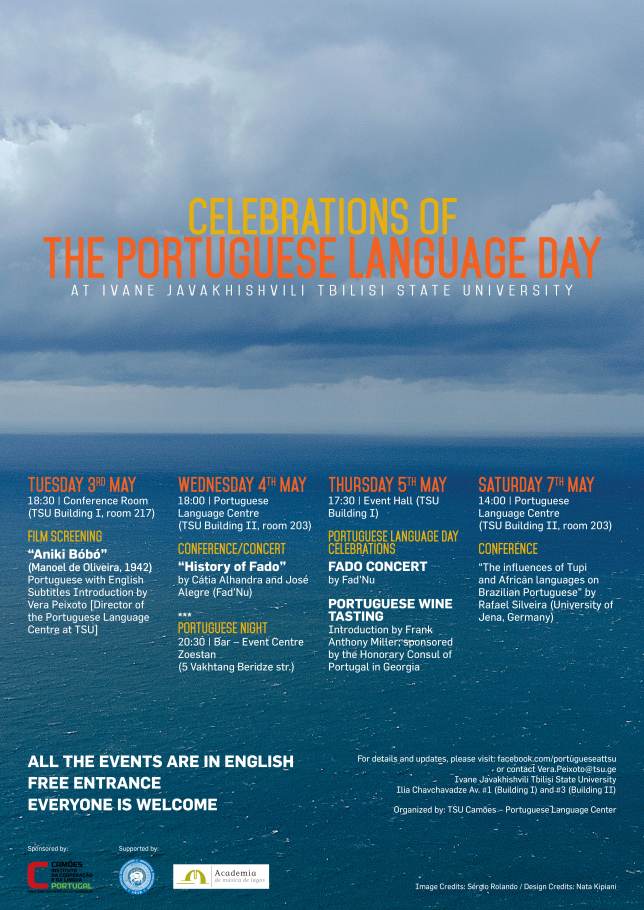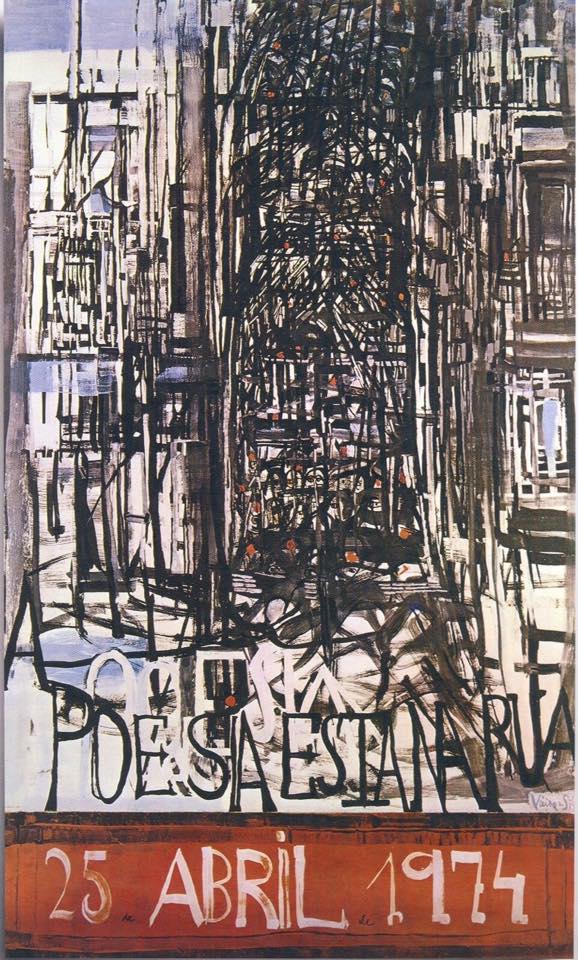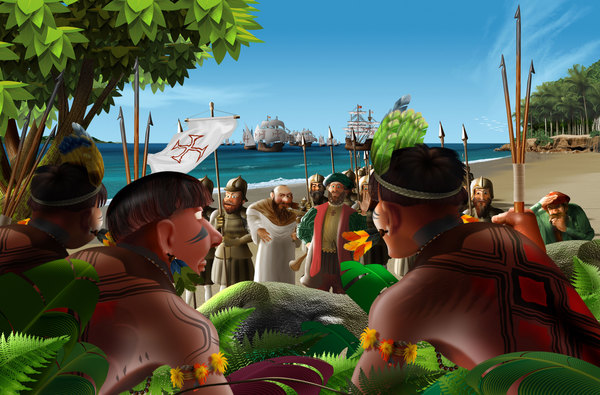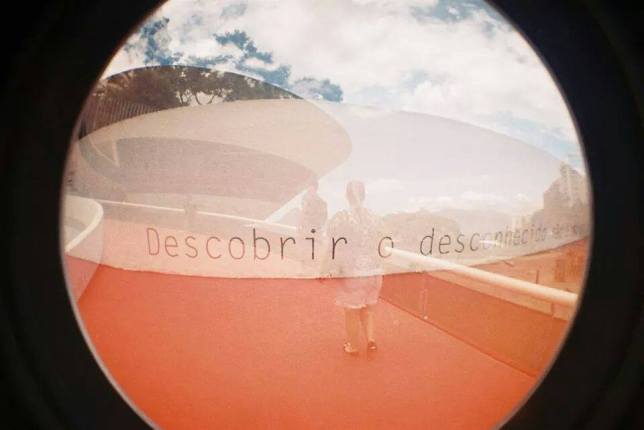On the 8 June, at 15:00, at the Portuguese Language Center at TSU (Biuilding II, room 203), Marian Schoenmakers will present a conference on Portuguese and Brazilian immigration patterns and their socio-linguistic implications:
Portugal has a long history of emigration, whereas immigration to Portugal, particularly of non-Portuguese speaking people, is fairly recent. Brazil, on the other hand, has a centuries-long history of colonization and massive immigration from all over the world, i.e. Europeans, Africans and Azians. Emigration from Brazil to other countries is, in fact, a new phenomenon.
Emigration and immigration in another country generally has a lot of consequences, including socio-linguistic ones. Among them are language contact and second language acquisition, which could lead to bilingualism. However, they can also initiate processes of language change and first language attrition.
After a brief overview of the migration histories in Portugal and in Brazil, some of the socio-linguistic implications will be discussed more in depth. (M. Schoenmakers)
MARIAN SCHOENMAKERS KLEIN GUNNEWIEK was born in Brazil, but is of Dutch descent and went to the Netherlands with her parents when she was 14 years old. She was in elementary school in Brazil and attended secondary school in the Netherlands, after which she studied Portugese Literature and Culture plus General Linguistics at Radboud University in Nijmegen/the Netherlands. Her PhD at Tilburg University in the Netherlands was in Linguistics, based on research into language contact and first language attrition among Portuguese migrants in The Netherlands and France. She was assistant professor for many years at the Department of Portuguese at Utrecht University in the Netherlands. Currently she is setting up a private agency for research, language training, translation and interpretation, and for consultancy relating to Portuguese-speaking countries and cultures.
***
This event is part of a second edition of the series of Conferences/Workshops in English titled “Portuguese and Brazilian Culture for Beginners”, taking place throughout the present academic year at the Portuguese Language Center at TSU and is open to anyone who wishes to know a bit more about Portugal and Brazil’s traditions, music, literature, society, cultural heritage, etc..
To keep updated on the various conferences/workshops to come, check the Portuguese at TSU facebook page regularly (facebook.com/portugueseattsu)
If you wish to secure your place or want to learn more, send an e-mail to vera.peixoto@tsu.ge
UPDATE: photos of the conference




